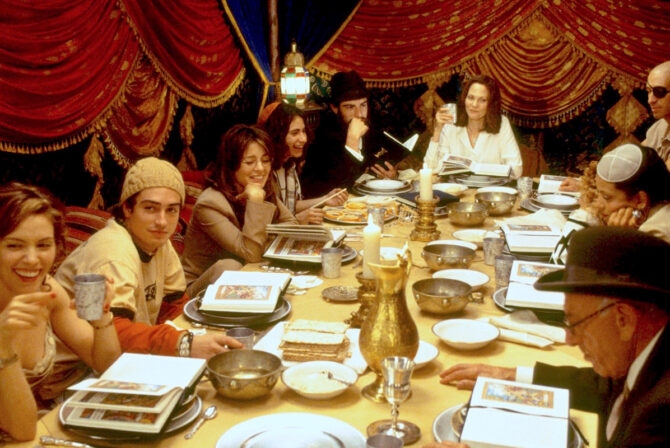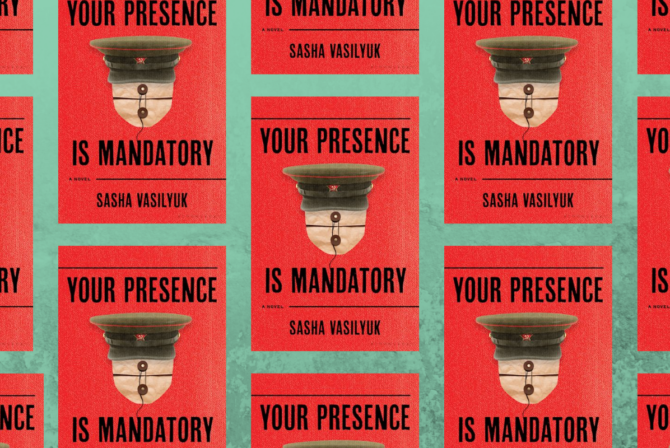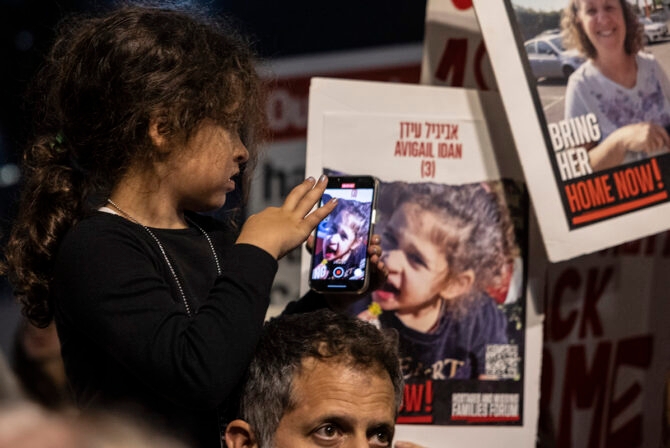I wrote last week about my obsession with “Big Little Lies”, HBO’s hilarious, twisted and dark miniseries about stressed-out moms on the path to some sort of mysterious act of violence. The show is mostly getting raves from critics, and even fans like pop star Lorde, who have praised its mix of satire and melodrama, as well as its exploration of domestic violence in a particularly subtle and new way.
But there a few exceptions to the general approbation, and what do you know, they happen to be….men.
And these men’s critiques just happen to hinge on the idea that the show has pulled a bait-and-switch on them—seducing them with the promise of a manly, robust murder investigation, only to leave them with a bunch of female characters. The women behind the show have succeeded in tricking them with a “True Detective”-like siren song, and now they’re stuck watching the (gasp!) interior lives of (gasp!) women who happen to be (gasp!) mothers and (gasp!) older than 25.
Take a recent review from The New York Times’ Mike Hale which is positively dripping with condescension towards the powerful actresses who produced and star in “Big Little Lies.” Note in particular the phrase “women their age,” which made me want to hurl something:
“Ms. Kidman and Ms. Witherspoon are executive producers of “Big Little Lies,” and you can see what they probably thought they had — a sexy mystery-melodrama that would also be a commentary on issues important to women their age (40s). But the mystery is a sham, and the drama doesn’t have anything new or interesting to say. (The plot involving Ms. Kidman’s character and her violent, younger husband, played by Alexander Skarsgard, has a creepy energy, though. It’s as unoriginal as the other story lines, but it keeps you watching.)”
This review led me to ask the profound question: Huh? Are we watching the same show? “Unoriginal”? Are there really a slew of primetime television dramas featuring a discussion between two stay-at-home moms about how parenthood is not enough for them? Have I missed an abundance of nuanced treatments of sexual violence that demonstrate the flawed but real ways that some women may respond to that violence, and do so without victim-blaming?
Where are all these shows, pray tell? Can you let us know so we can tune in?
But he’s not alone. New York Post critic Robert Rorke, wouldn’t you know, has the exact same complaint!
“We are no closer to knowing who was murdered, or who did it. Some fans may carp that the murder story is secondary and “Big Little Lies” is really about petty female rivalries and how parents will use their children for their own social advancement, but the narrative is devolving into an upscale soap about rich white women and their erotic fantasies and emotional dissatisfactions.”
So true. God forbid a television audience should care about women’s erotic fantasies, let alone their emotional dissatisfaction. Who needs all those women’s feelings shoved down our throats—right, dudes?
Everyone is entitled to his or her taste, of course. But there’s an old-school misogynistic subtext in these reactions to “Big Little Lies.” The electoral defeat of Hillary Clinton, in my opinion, has made it safe again for men to carp about any and all powerful, non-young, non-male people who take up space in public discourse. Sometimes these male critics use words like “rich” and “white” to cloak their complaints, borrowing valid ideas from social justice discussions to cover for their old-fashioned sexism and ageism—and in this case, totally ignoring the HBO show’s not-so-subtle critique of its characters’ wealth, myopia and privilege (you might as well subtitle the show: rich people with too much time and power become self-centered assholes).
Even more disturbing than all this, however, is the way these critics seem to find the domestic violence plot involving Kidman’s Celeste and Alexander Skarsgard’s Perry boring or cliché and assume that it’s consensual. The Times critic described this storyline as entering “Fifty Shades” territory, while the Post called their interactions “S&M sex games.” Neither of these flippant phrases reflect the reality of abuse that “Big Little Lies” has signaled from its earliest episodes. It’s an absolutely bonkers misreading of the show’s tone, and it shows how deeply ignorant so many people remain about what abuse can look like.
In fact, the entire premise of this subplot is that Kidman’s character doesn’t recognize herself as being violated. Why not? Because she often hits back after she’s assaulted, she likes the sexual energy that arises from her husband’s violence/atonement cycle, and because they’re rich, attractive people in love. These sorts of things, she thinks, don’t happen to “people like them.” She gets offended when a therapist suggests she’s being battered, because she just can’t see it yet.
Apparently, some male critics don’t see it either.
So maybe the problem here isn’t with the show’s deviation from the detective genre or its depiction of its characters, but with so many men’s blind spots—still, in 2017—about narratives that center women’s lives.







